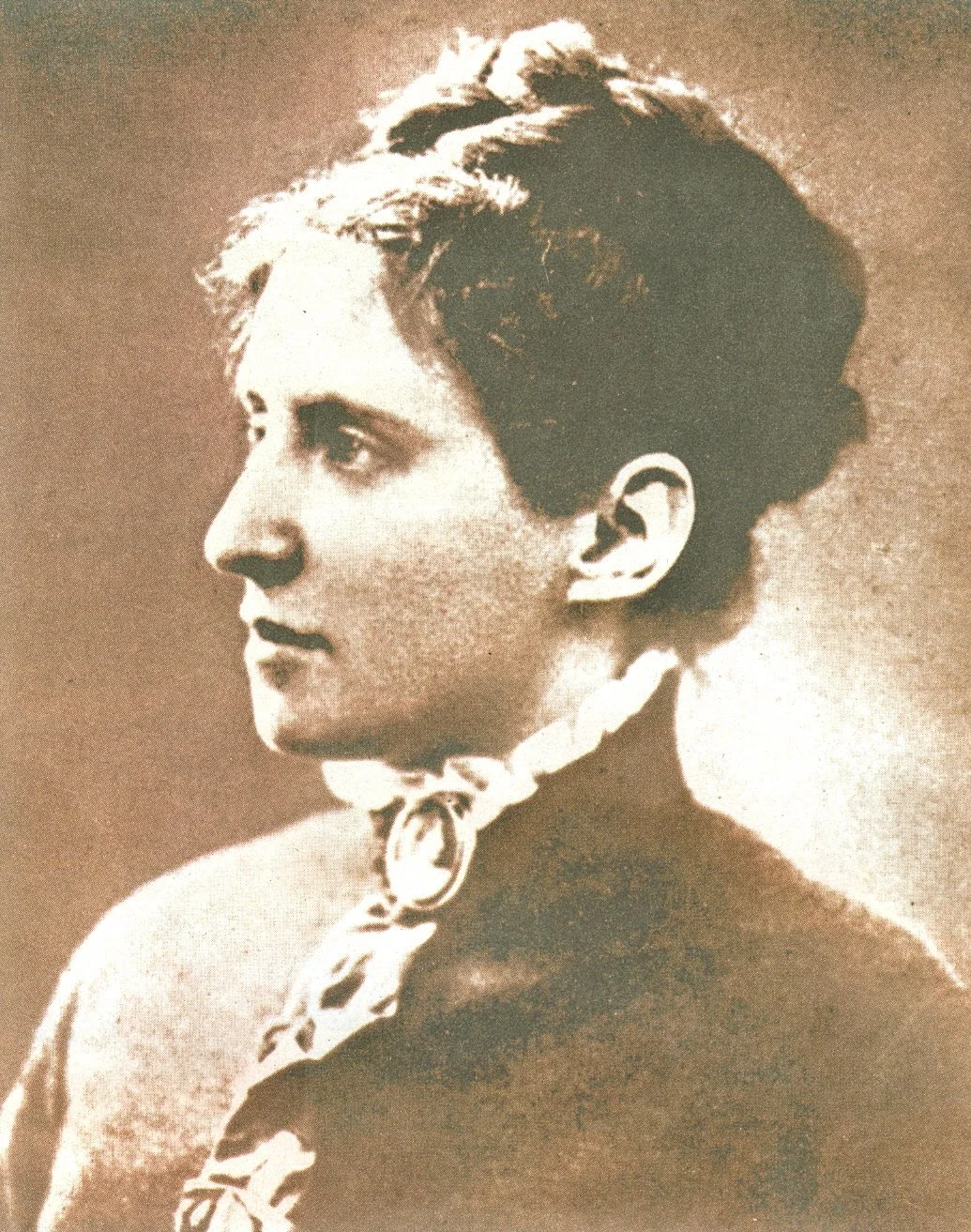"We will be always connected with the American nation, connected through the spirit of liberty and democracy." - Tomáš Masaryk, First President of Czechoslovakia
The Czechoslovak Republic was built on the ideals of freedom and democracy, ideals Masaryk admired about the United States. In his search for liberation, Masaryk found sympathy in Western Europe and the United States and began to develop political relationships with prominent figures. While visiting the United States in 1918, he negotiated Czechoslovak independence as part of the peace negotiations for World War I. However, Masaryk’s relationship with the United States was more than political; it was also personal and intellectual. His work as a philosopher and democrat helped strengthen the nation and inspired peace and cooperation.
Tomas Masaryk and Woodrow Wilson
“In a sense, the United States is Czechoslovakia's foster parent. It is upon President Wilson's immortal charter of freedom, as embodied in his famous Fourteen Points, that the foundations of our state are laid. We have tried to pattern our young republic after our great sponsor. Our Constitution and our laws, our mode of government, and even our business methods follow closely those of the United States.” - Masaryk
Charlotte Garrigue
Masaryk’s first visit to the United States occurred in 1878 when he married Charlotte Garrigue, a U.S. citizen, in New York. They met in 1877 and he admired her as “well-educated, emancipated, and modern.” He believed marriage should be between two equals, and helped further women’s emancipation in Czechoslovakia. This personal relationship with the United States encouraged him to develop a feminist mindset and he became more active in Czech public life.
Tomas Masaryk
Masaryk’s second visit to the United States occurred in 1902 when he was invited to lecture at the University of Chicago by industrialist Charles R. Crane, who introduced him to the University of Princeton President Woodrow Wilson. While in Chicago, Masaryk was interviewed by Leo Wiener, an American scholar who had helped with the founding of Slavic studies as a discipline in the United States. Wiener wrote in the press that Masaryk was “one of Bohemia’s most prominent sons” who, “had the appearance of an American.” Masaryk visited many Czech immigration circles in the United States during this time, and journalists reported his thoughts on social problems, immigration, and the difficult circumstances of immigrant children in America. Masaryk’s daughter Alice, a sociologist, joined the University of Chicago Settlement House to work with Jane Addams through 1907.
Tomas Masaryk
In the United States, Masaryk began to rally Czech immigrants’ support for the creation of Czechoslovakia, and he was successful. He won the support of prominent Czech immigrants, such as Emanuel V. Voska, who acted as an intermediary between Masaryk and the West.
During the war, Masaryk sided with the Allied Powers and was exiled. His exile forced him to come to the United States, where he garnered support from many. Czech New Yorkers sent him money for foreign resistance action, but he refused to accept money from foreign governments. Instead, he insisted that support for the Czech liberation movement must come from its own sources.
Masaryk’s most famous visit to the United States occurred in 1918 when he met with President Woodrow Wilson and began negotiations for Czechoslovak independence. In 1914, when the Austrian-Hungarian government declared war on Serbia, Masaryk decided to go into exile and lead the resistance against the Monarchy from abroad, likely due to a lack of support from Czech political elites after he earned a reputation as a political dissenter. This strategy allowed him to make powerful allies in the West and achieve a wealth of support for Czechoslovak independence. His support extended past Czech immigrants to the larger United States public.
The Lansing Declaration of May 1918 acknowledged U.S. support for the creation of the first Czechoslovak Republic, and it was outlined further in Wilson’s Fourteen Point Plan to achieve peace after the war. The new nation respected the minority rights of its large German and Hungarian ethnic groups and allowed the Slovaks a wealth of home rule. Unfortunately, Nazi imperialism was rampant and Masaryk was one of the first to voice his concerns. When the Nazi occupation of Czechoslovakia began, he resigned his post and died two years later.
Tomáš Masaryk was a strong leader who paved the way for Czechoslovak independence. His travels to the United States increased diplomacy, and he developed a strong relationship that lasted until his death in 1937. The U.S. Constitution became the basis for the first Constitution of Czechoslovakia, and Masaryk’s ties with President Wilson and other prominent U.S. political figures allowed for the creation of a strong Republic.
Written by Jaime Johnston
Gogolak, Ludwig von. “Tomáš Masaryk.” Encyclopædia Britannica, 20 July 1998, www.britannica.com/biography/Tomas-Masaryk.
Herran, Anna. “T.G Masaryk and the United States 1878-1918.” Re:Views Magazine, 12 Dec. 2018, reviewsmagazine.net/t-g-masaryk-and-the-united-states-1878-1918/.
Stejskalová, Klára. “US Academic: Tomáš Garrigue Masaryk Had Strong Support Base at University of Chicago.” Radio Prague International, 8 Apr. 2021, english.radio.cz/us-academic-tomas-garrigue-masaryk-had-strong-support-base-university-chicago-8116762.
Wood, Barry. “Tomas Masaryk and Czechoslovakian Independence, 100 Years Ago.” The Globalist, 8 June 2022, www.theglobalist.com/tomas-masaryk-czech-republic-slovakia/.






